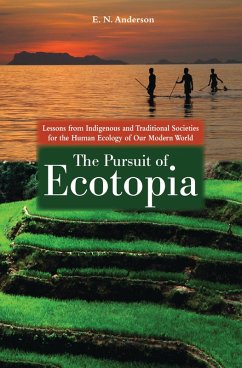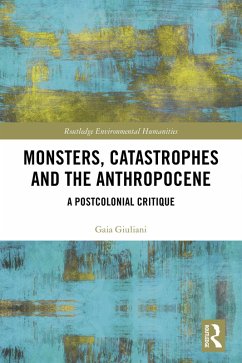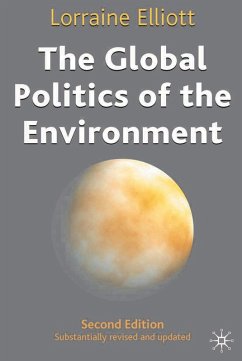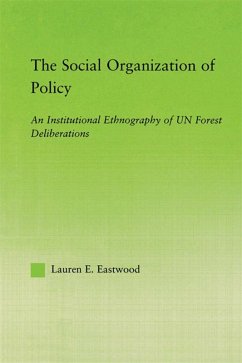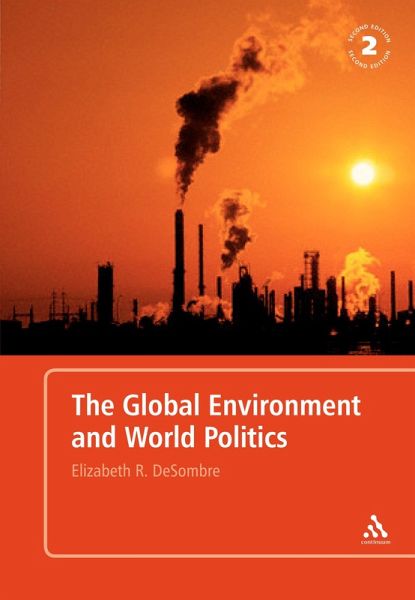
The Global Environment and World Politics (eBook, PDF)
Versandkostenfrei!
Sofort per Download lieferbar
49,95 €
inkl. MwSt.
Weitere Ausgaben:

PAYBACK Punkte
25 °P sammeln!
Environmental issues are increasingly important factors in world politics - just think of the intense speculation over the climate change discussions at the forthcoming G8 summit. The study of global environmental politics draws on a variety of academic traditions. It uses international relations theory to look at the concerns and actions of states, but has also had to find a variety of new concepts and perspectives in order to explain issues unique to the study of the environment. Here, DeSombre examines four important aspects of the field: international environmental cooperation; the relatio...
Environmental issues are increasingly important factors in world politics - just think of the intense speculation over the climate change discussions at the forthcoming G8 summit. The study of global environmental politics draws on a variety of academic traditions. It uses international relations theory to look at the concerns and actions of states, but has also had to find a variety of new concepts and perspectives in order to explain issues unique to the study of the environment. Here, DeSombre examines four important aspects of the field: international environmental cooperation; the relationship between the environment and security; the issues of science, uncertainty and risk; and the role of non-state actors. In the second half of the book she examines these issues through the use of case studies on specific problems facing the global environment, including global change, the politics of whaling, the protection of Amazonian biodiversity and acid rain in Europe and North America.





